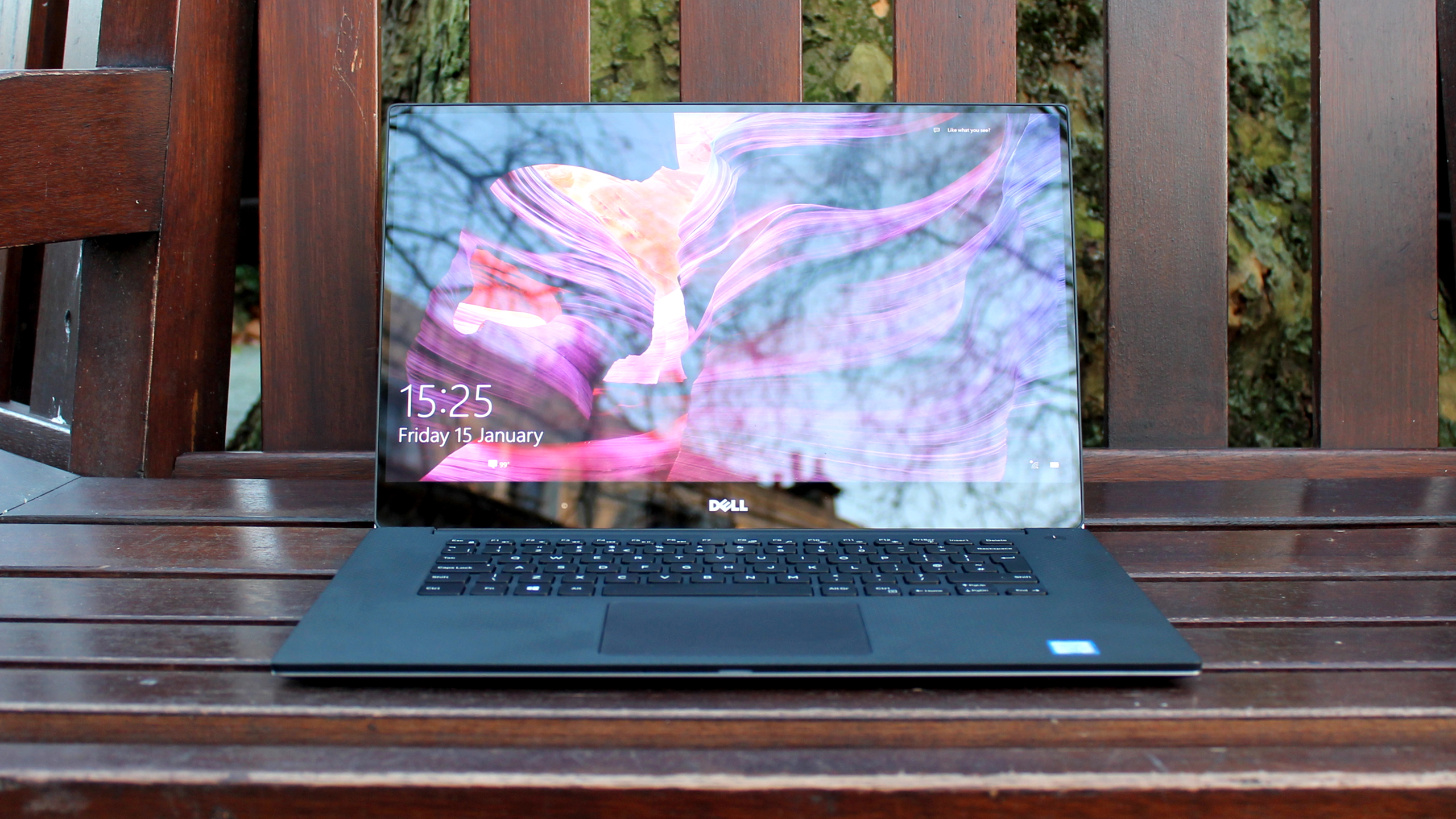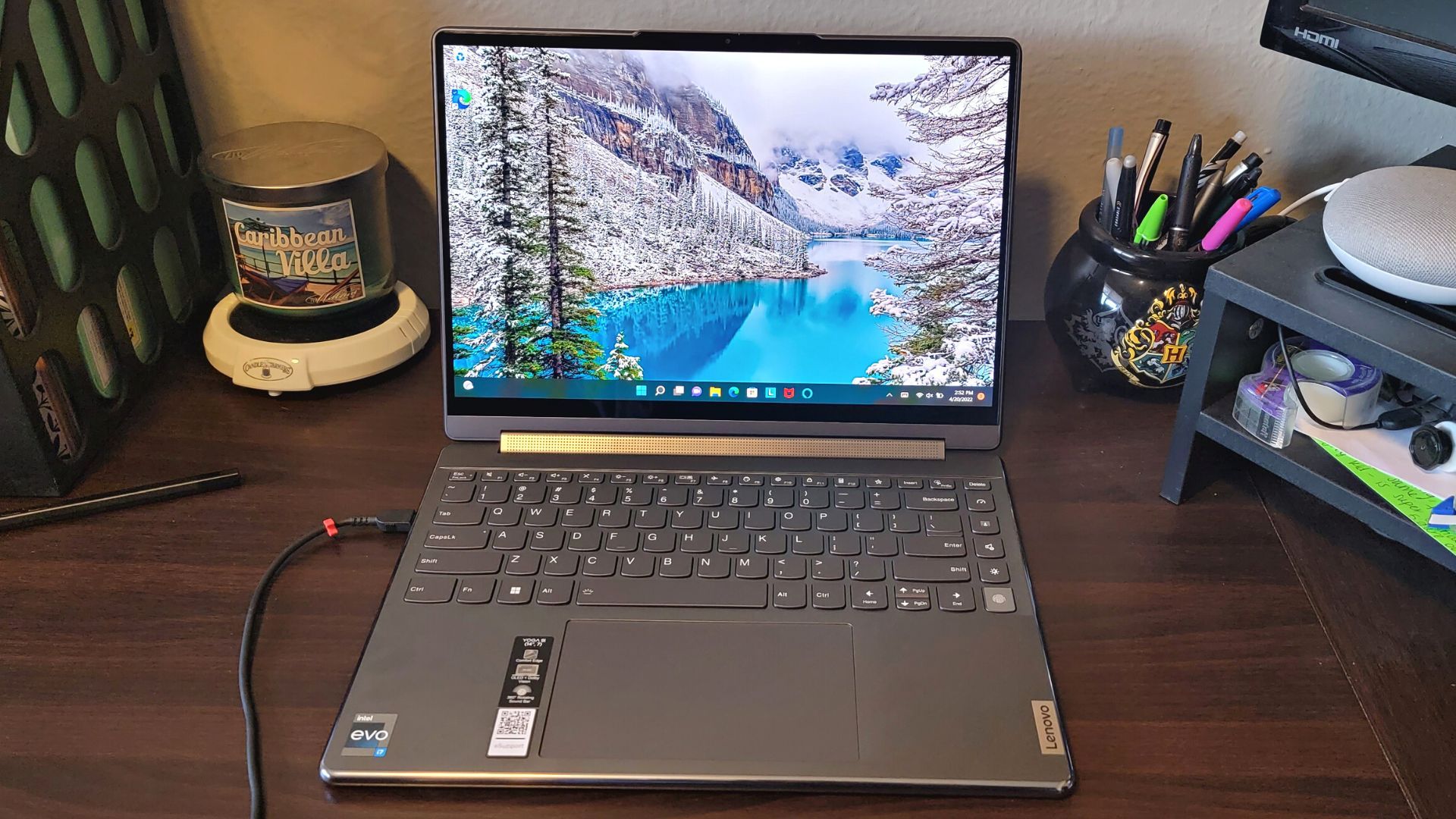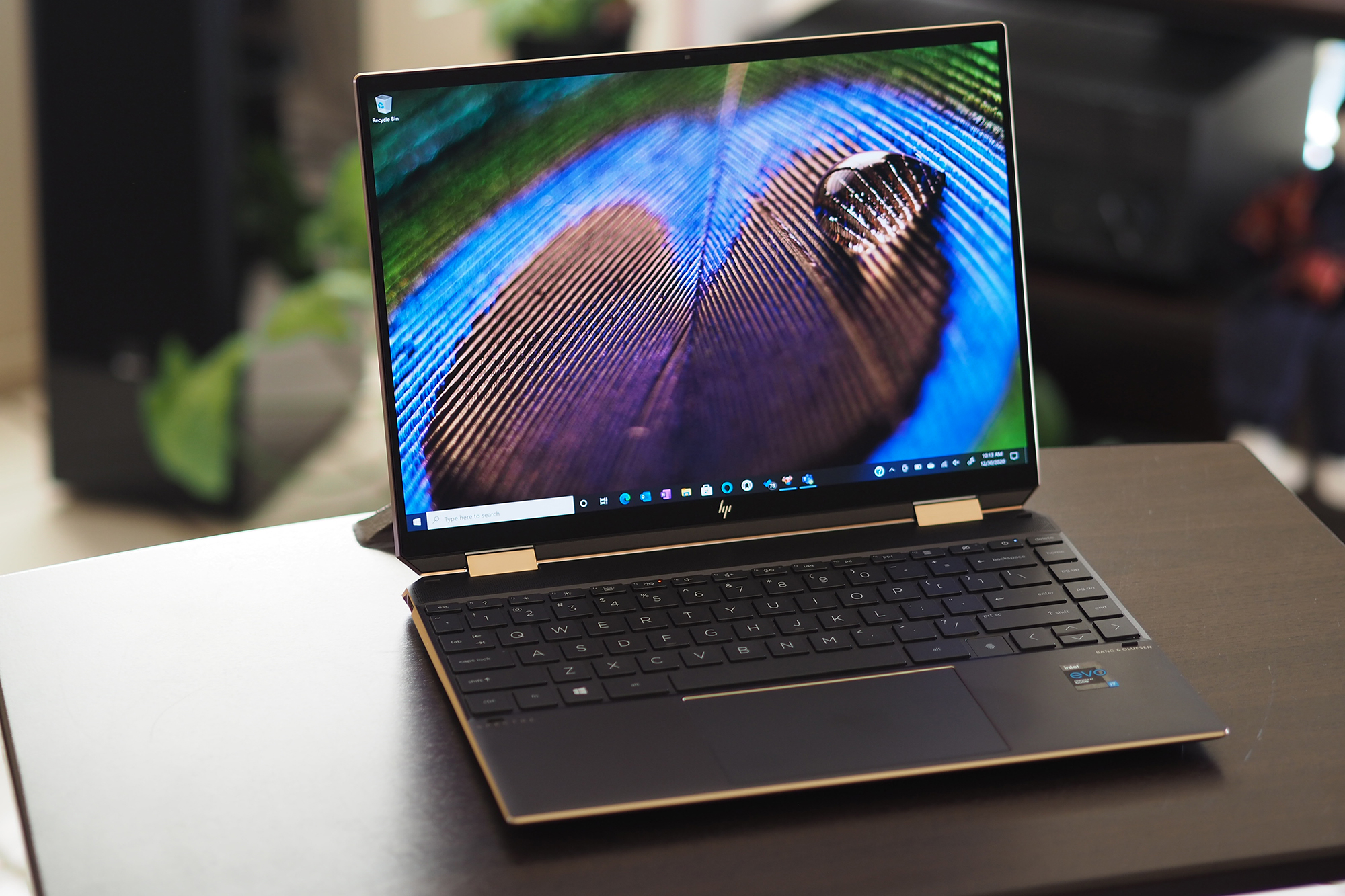Engineering students don’t just need a laptop that turns on and opens a browser. You need something that can run CAD software, handle simulations, multitask without freezing, and last through long hours in labs, lectures, and late-night study marathons. Whether you're modeling structures, crunching data, or writing code, your laptop needs to keep up without complaining.
This list is built for real student life. These laptops are light enough to carry, fast enough to process, and strong enough to run what engineering students actually use — tools like MATLAB, SolidWorks, AutoCAD, Fusion 360, and more. If you’re in mechanical, civil, electrical, or computer engineering, there’s something here that fits.
1. MacBook Air M4 13.6" – Best For Apple Users

This is the best MacBook for engineering students who don’t need heavy 3D modeling but still want a machine that’s fast, silent, and reliable. The MacBook Air with the M4 chip is powerful enough to run most productivity apps, development tools, and even handle some lightweight CAD or coding tasks. It boots instantly, stays cool, and never makes a sound, which is perfect for study sessions and lectures.
The battery life is a major strength. You can easily go an entire day on campus without needing a charger, even if you're running browsers, Slack, PDFs, and your IDE at once. The 13.6-inch Liquid Retina display is sharp and color accurate, and the build is solid without weighing you down. It is thin, light, and fits easily in a backpack with room to spare.
One thing to keep in mind is that some engineering software still requires Windows. You can work around this using Parallels or cloud-based solutions, but if your course relies on Windows-exclusive tools, that could be a factor. Still, for most general engineering students and especially those focused on programming or theory, this MacBook Air gets the job done with zero headaches.
2. Dell XPS 15 – Best For Heavy Engineering Software

The Dell XPS 15 is built for students running serious applications. If you are working in SolidWorks, Revit, ANSYS, or any 3D rendering tool, this laptop gives you the GPU power and screen space to do it without lag. The dedicated NVIDIA graphics card and high-end Intel processors make it capable of handling complex simulations, large assemblies, and high-resolution design work with ease.
The display is one of the best out there. You can choose between a full HD+ or 3.5K OLED screen, and both are incredibly sharp and color-accurate. That makes it easier to read dense data, work on designs, or review detailed models. The keyboard is comfortable and tactile, and the massive trackpad is perfect for navigating between windows without needing a mouse.
Battery life depends on your workload and display choice, but the XPS 15 can still make it through a day of classes on medium brightness. It is heavier than something like the MacBook Air or Yoga 9i, but that is the tradeoff for performance. If your coursework leans into simulation, modeling, or large files, this is one of the most powerful laptops you can bring to class without jumping to a full workstation.

The Lenovo Yoga 9i is one of the most versatile laptops for engineering students who want flexibility without giving up power. It flips into tablet mode, supports pen input, and folds into multiple positions so you can take notes, sketch diagrams, or use it like a traditional laptop depending on where you're studying. The build quality is premium and the 4K OLED display looks incredible whether you're reviewing schematics or streaming a lecture.
Inside, it runs Intel Core Ultra processors with fast SSD storage and up to 16GB of RAM. That’s more than enough to run software like MATLAB, Arduino IDE, or even lightweight 3D modeling. It is not built for the most demanding CAD work, but for students focused on electrical, software, or civil engineering, it handles most workflows without problems.
Battery life is strong and usually lasts all day on balanced settings. The included stylus docks right into the chassis so you don’t lose it, and the speakers are surprisingly good for watching videos or presentation reviews. If your day involves switching between lectures, labs, note-taking, and occasional design work, the Yoga 9i fits all of that without slowing down or overheating.
4. HP Spectre X360 – Best For Balance and Build Quality

The HP Spectre X360 feels like it was built for students who want performance and polish in the same package. It has a 2-in-1 design that supports pen input and touchscreen navigation, making it easy to use during class or when sketching ideas. The build is sleek but durable, and the keyboard is one of the best HP has released in this category.
Under the hood, you get Intel Core Ultra processors, fast SSDs, and up to 32GB of RAM in some models. That makes it more than capable of running most engineering apps, especially for computer and electrical engineering majors. You can compile code, run simulations, and juggle several tools at once without slowdown. The OLED display is bright and sharp, which helps when working on designs or technical content for long periods.
Battery life is impressive, often reaching 11 to 12 hours depending on usage. The fast charging helps when you're moving between classes or working in different environments. It is not as powerful as something like the XPS 15, but it is lighter, more flexible, and still powerful enough to get real engineering work done.
5. Dell Inspiron 14 2-in-1 – Best For Affordability and Everyday Use

The Dell Inspiron 14 2-in-1 is a great pick if you need a solid laptop for engineering school without paying premium prices. It gives you a flexible design, decent performance, and enough battery life to last through a full day of classes. It is built for students who are learning the tools of the trade and need something reliable for both general coursework and lighter engineering software.
You can get it with AMD Ryzen or Intel Core processors, both of which are strong enough for basic design tasks, light 3D work, and everyday multitasking. It is not going to fly through complex simulations, but for programming, spreadsheets, reports, and web-based apps, it holds up well. The 14-inch display is bright enough for indoor work and supports pen input for sketching or annotating notes.
The keyboard is comfortable, the hinge is solid, and the battery lasts between 9 and 10 hours under normal student use. It is a smart option for underclassmen or anyone on a tighter budget who still wants a device that can grow with their workload. It may not have all the extras, but it stays consistent and dependable.
Final Thoughts
Engineering programs are tough on laptops. You need something strong, reliable, and ready to handle everything from class notes to complex simulations.
Every laptop on this list hits a different angle — from ultra-powerful machines like the Dell XPS 15 to flexible tools like the Yoga 9i or affordable picks like the Inspiron 14 2-in-1. Pick based on the software you’ll actually use and how you work best. Because in engineering school, your laptop isn’t just a tool — it is your entire workspace.






